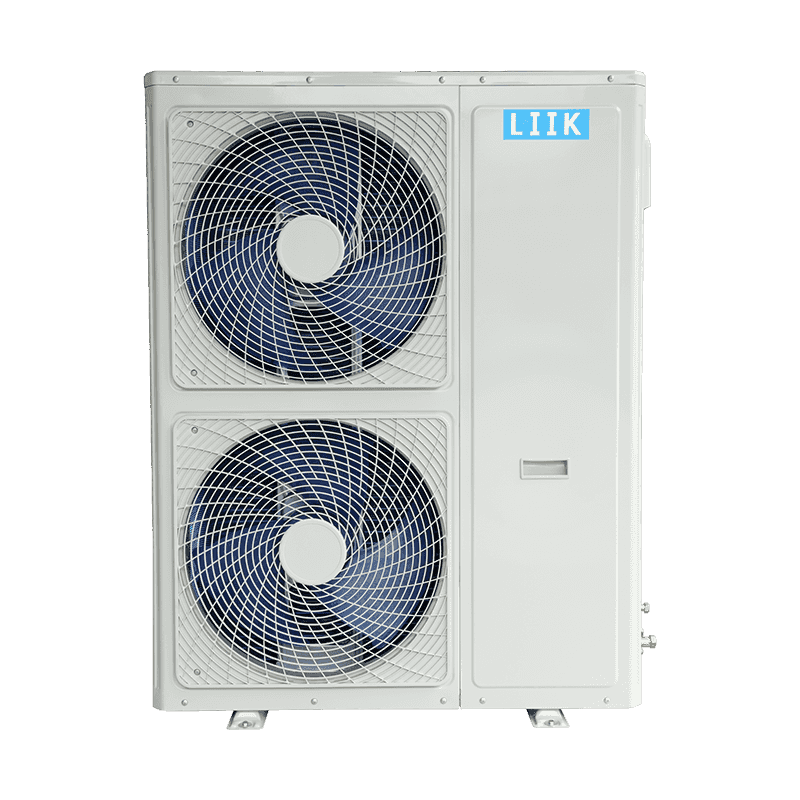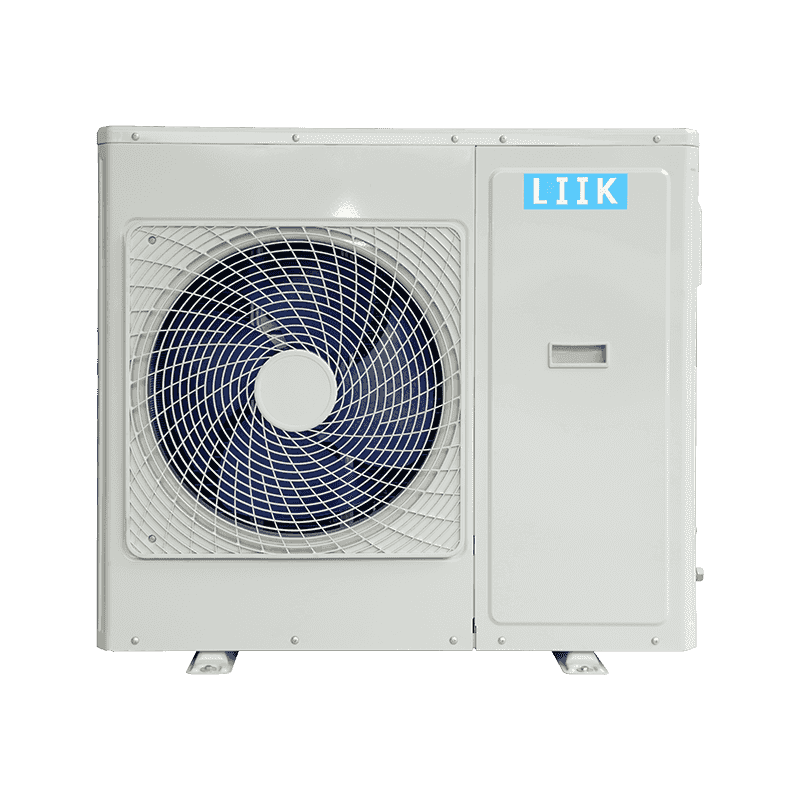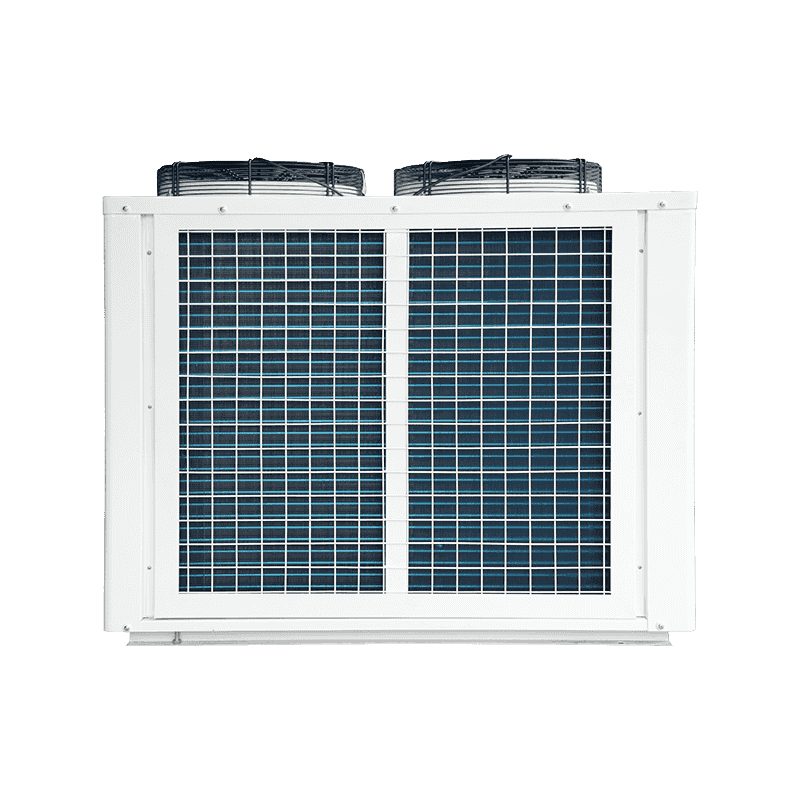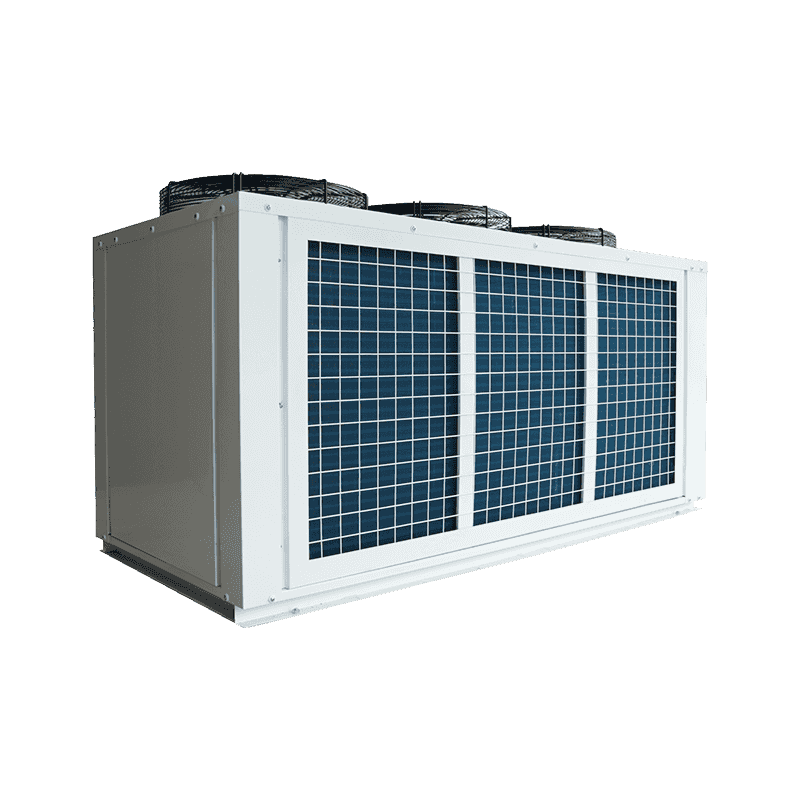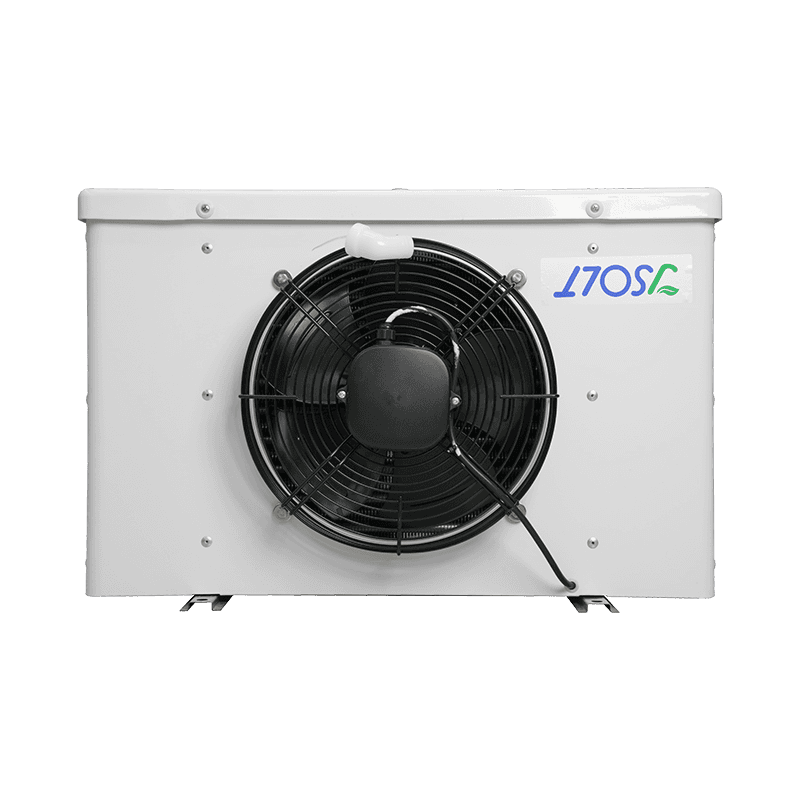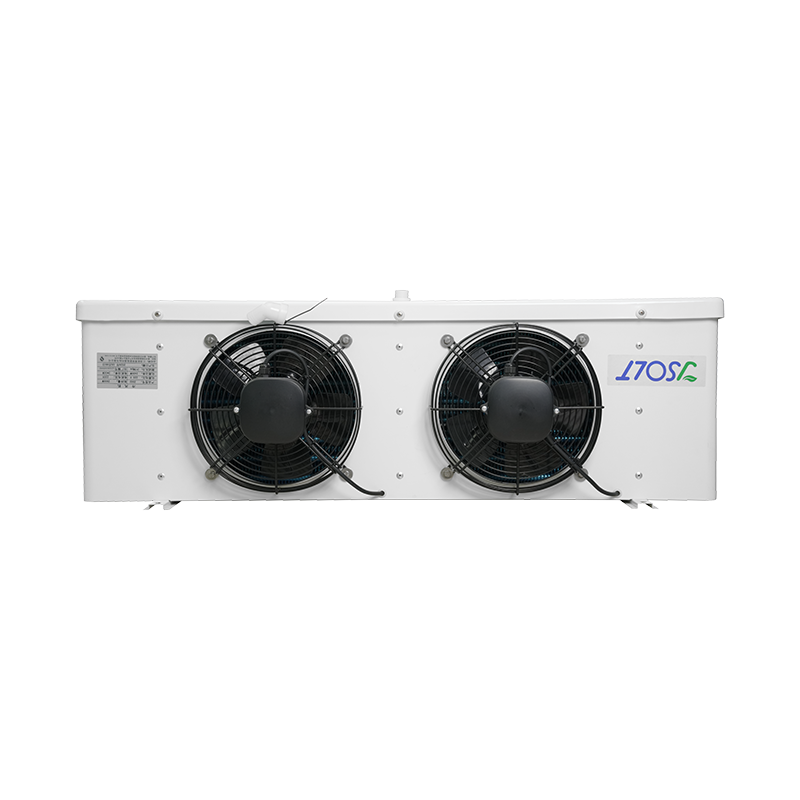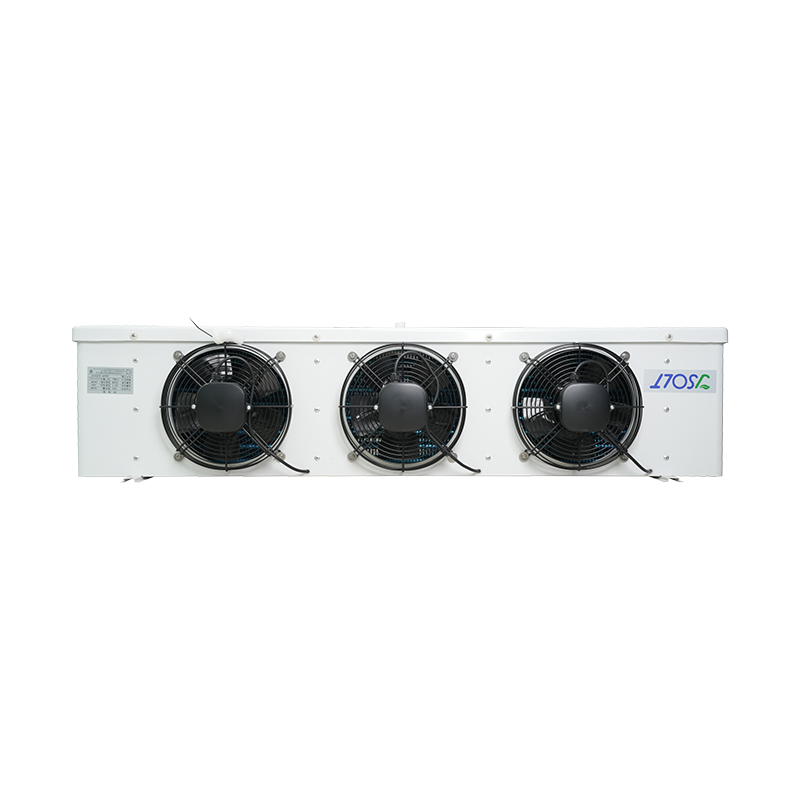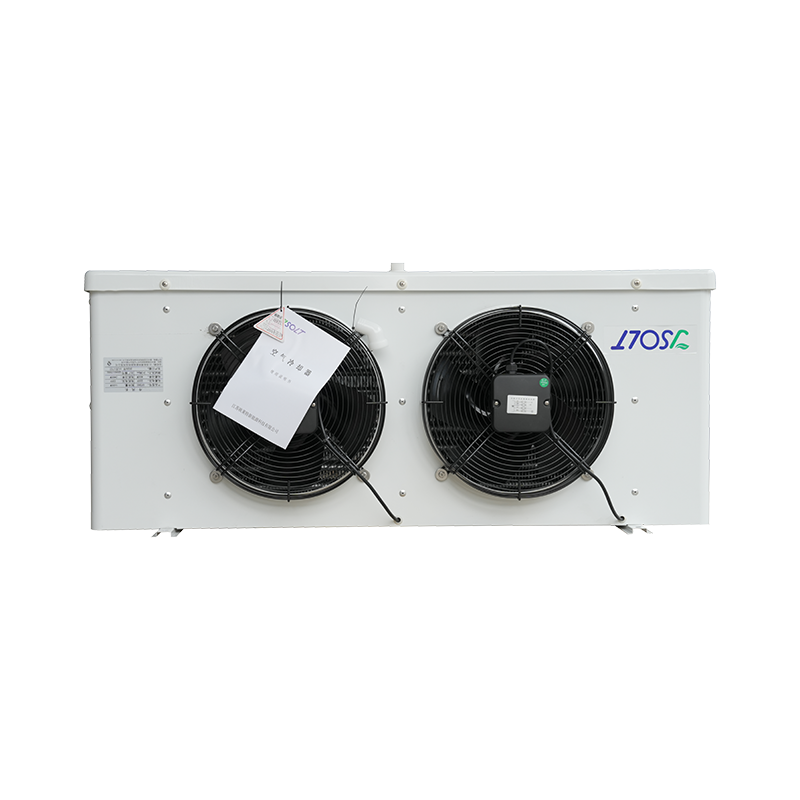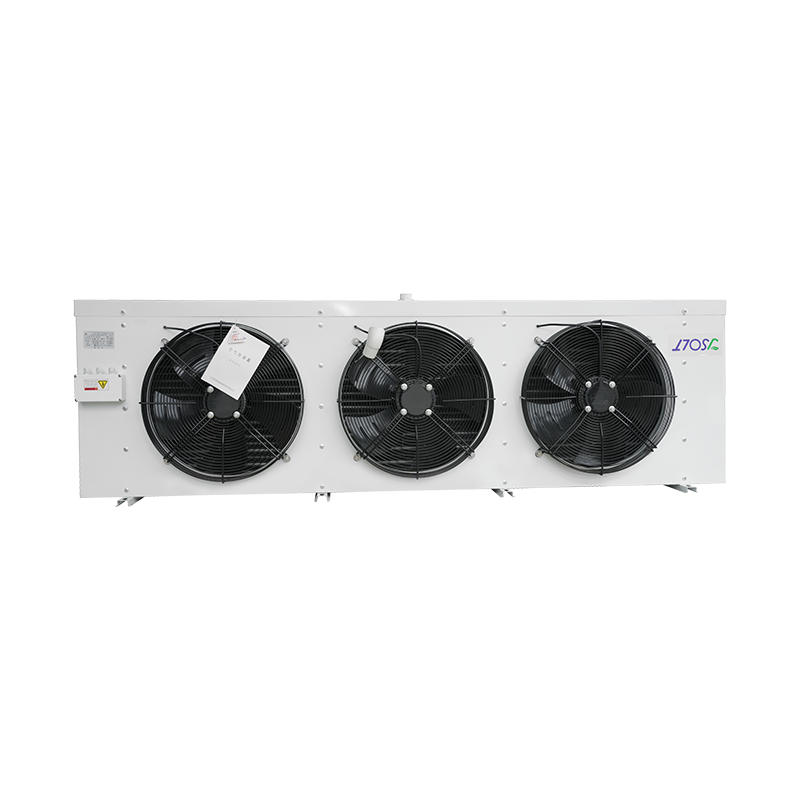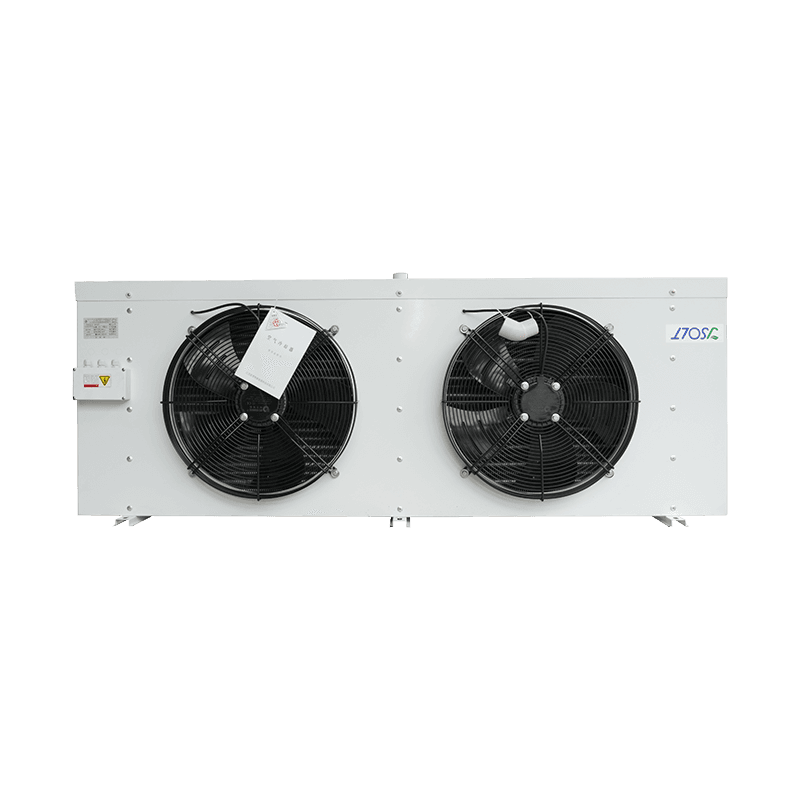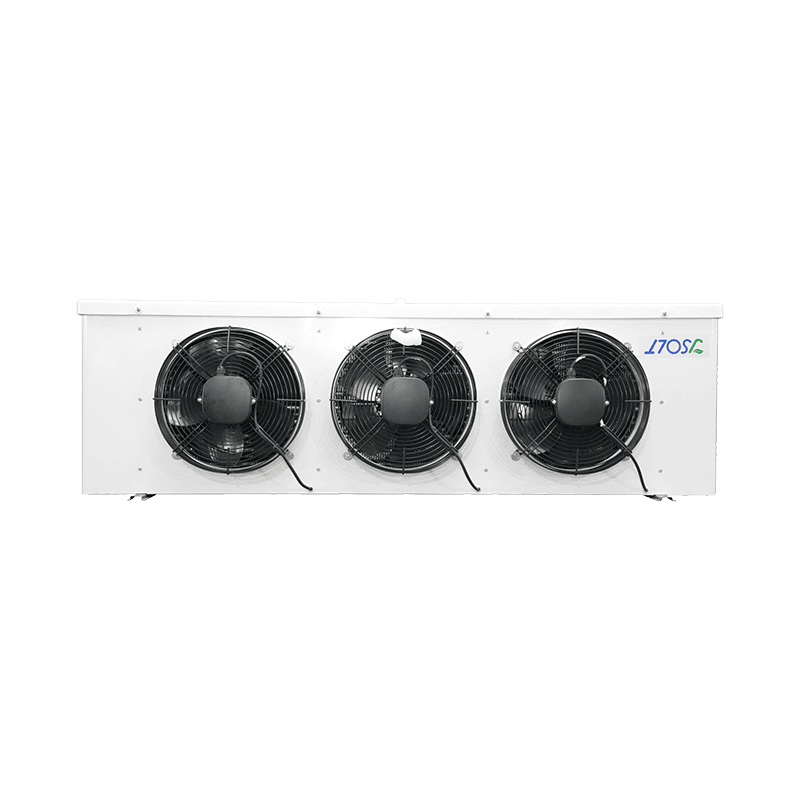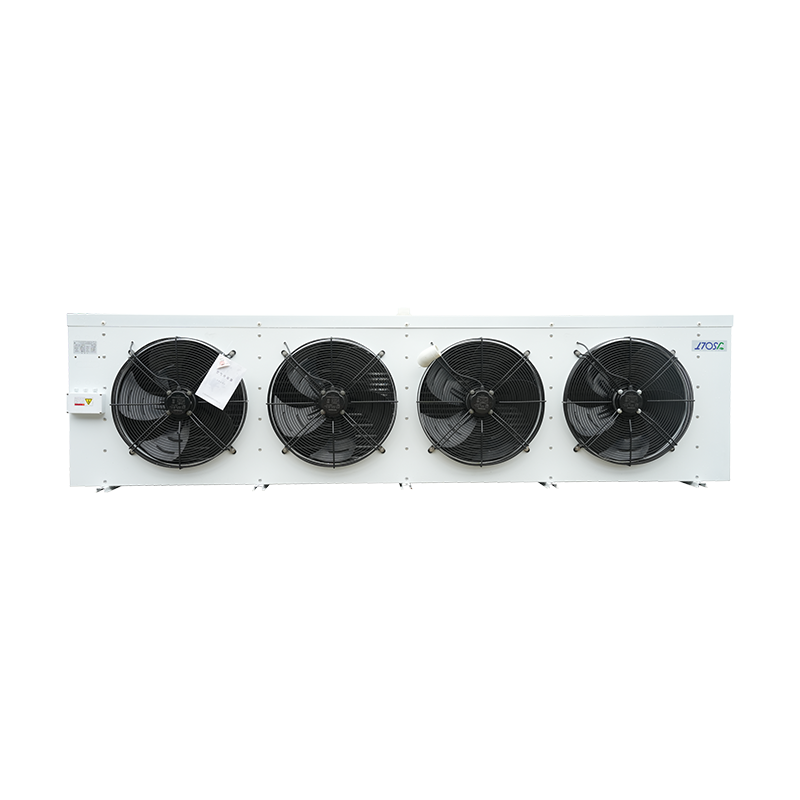
Web Menu
Product Search
Exit Menu
Product categories
News categories
RECENT POSTS
-
How to replace a broken car air conditioner evaporator?
Jan 02,2026 -
How to determine if the condensing unit capacity selection is appropriate?
Dec 26,2025 -
Why does the evaporator always scale up?
Dec 19,2025 -
What are the commonly used refrigerants in a Refrigeration System and their applicable ranges?
Dec 12,2025 -
How to quickly handle refrigerant leaks or icing in a Refrigeration System?
Dec 05,2025
In what applications does an air condensing unit have advantages over a water-cooled condensing unit?
In the field of refrigeration and air conditioning, choosing the right type of condensing unit is crucial for optimizing efficiency, reducing energy costs, and ensuring reliable performance. Two commonly used types of condensing units are air condensing units and water-cooled condensing units. While both serve the same purpose—cooling and condensing the refrigerant vapor—each type has distinct advantages and is better suited for different applications. This article explores the advantages of air condensing units over water-cooled condensing units and the specific scenarios where air condensing units are more advantageous.
1. Air Condensing Unit vs. Water-Cooled Condensing Unit: A Quick Overview
Before diving into the advantages of air condensing units, it’s important to understand the basic differences between the two:
-
Air Condensing Units: These units use air to cool the refrigerant and condense it. The condenser coil is exposed to ambient air, which absorbs heat from the refrigerant and releases it into the atmosphere. Air condensing units are typically easier to install and maintain because they don’t require water as a cooling medium.
-
Water-Cooled Condensing Units: These systems use water, often from a cooling tower or a closed-loop water circuit, to remove heat from the refrigerant. Water is circulated over the condenser coils to lower the refrigerant's temperature.
2. Advantages of Air Condensing Units
While both air condensing units and water-cooled condensing units have their merits, air condensing units tend to offer several distinct advantages in specific applications:
2.1 Simplicity and Ease of Installation
Air condensing units are often simpler to install compared to water-cooled condensing units. They don’t require additional infrastructure such as cooling towers, water pumps, or water treatment systems, which are necessary for water-cooled condensing units. This makes air condensing units more suitable for smaller-scale applications or installations where space and resources are limited.
For example, in residential buildings or small commercial establishments, air condensing units are often the preferred choice because they are self-contained and don’t require external water sources. Additionally, installation is faster and more straightforward, which can reduce upfront costs.
2.2 Lower Maintenance Costs
Since air condensing units don’t rely on water as a cooling medium, they generally have fewer components that require regular maintenance, such as water pumps, cooling towers, and water filters. The absence of these components significantly reduces the long-term operational and maintenance costs associated with water-cooled condensing units.
Air condensing units require routine maintenance of the fan and condenser coils, but this is relatively simple compared to maintaining water-cooled condensing units. For businesses or facilities looking to minimize ongoing maintenance expenses, air condensing units offer a cost-effective solution.
2.3 No Need for Water Supply
Air condensing units are independent of water sources, making them a better choice in areas with limited water availability or in locations where water use must be minimized. In contrast, water-cooled condensing units need a constant and sufficient supply of water to function properly. This can be an issue in regions where water conservation is a priority or where the cost of water is high.
In areas with water scarcity or in remote locations, air condensing units provide a more sustainable and practical option.
2.4 Lower Installation and Operating Costs in Smaller Systems
For smaller refrigeration and air conditioning systems, air condensing units often prove to be more economical. The installation process is typically faster and cheaper since it doesn’t require the infrastructure for water supply and drainage that water-cooled condensing units need. Furthermore, in smaller installations, the operational cost for air condensing units is often lower because they are easier to maintain and operate with fewer ongoing costs.
This makes air condensing units ideal for residential applications, small offices, convenience stores, and smaller commercial operations where budget considerations and simplicity are key factors.
2.5 Flexibility and Space Efficiency
Air condensing units offer greater flexibility in terms of location and installation options. They do not require large open spaces for water circulation systems or cooling towers. The absence of these systems allows for more compact installations, making air condensing units ideal for buildings with limited space or those located in areas where outdoor space is at a premium.
In urban environments or buildings with limited roof space, air condensing units can be easily installed on rooftops, balconies, or other areas with adequate airflow, without the need for complex water supply systems.
2.6 Environmental Impact and Water Conservation
With growing awareness of water conservation, air condensing units present an eco-friendly option in areas where water resources need to be carefully managed. Water-cooled condensing units consume a significant amount of water for cooling, which can lead to environmental concerns, especially in drought-prone areas.
In contrast, air condensing units eliminate the need for water use in the cooling process, making them more sustainable from an environmental perspective. This advantage is increasingly important as industries and municipalities seek to reduce water consumption and minimize their ecological footprint.
3. When Are Water-Cooled Systems More Suitable?
While air condensing units offer several advantages, there are certain applications where water-cooled condensing units may be more effective:
-
High-Capacity Systems: For large-scale commercial or industrial applications that require higher cooling capacities, water-cooled condensing units are often more efficient. Water has a higher thermal conductivity than air, making it more effective at removing heat from the refrigerant in high-demand systems.
-
Energy Efficiency in Large Operations: Water-cooled condensing units tend to be more energy-efficient in larger installations due to the cooling power of water, which can lead to lower operating costs in high-demand scenarios.
-
Climate Considerations: In hot and dry climates, air condensing units may struggle to operate efficiently during peak temperatures. Water-cooled condensing units can often maintain better performance, particularly in environments with high ambient temperatures.
←
How to improve the heat exchange efficiency of the evaporator unit?
→
How does the low-noise fully enclosed compression condensing unit reduce operating noise through design?
related products

-
 224 Yongping Road, Science and Technology Enterpreneurship Park, Gaogang District, Taizhou City, Jiangsu Province
224 Yongping Road, Science and Technology Enterpreneurship Park, Gaogang District, Taizhou City, Jiangsu Province  +86-18082061600
+86-18082061600 [email protected] / [email protected]
[email protected] / [email protected]
Copyright © 2024 Taizhou Best Refrigeration Equipment Manufacturing Co., Ltd All Rights Reserved. Refrigeration Equipment Manufacturer Custom Refrigeration Equipment Factory


 EN
EN
 English
English русский
русский Español
Español